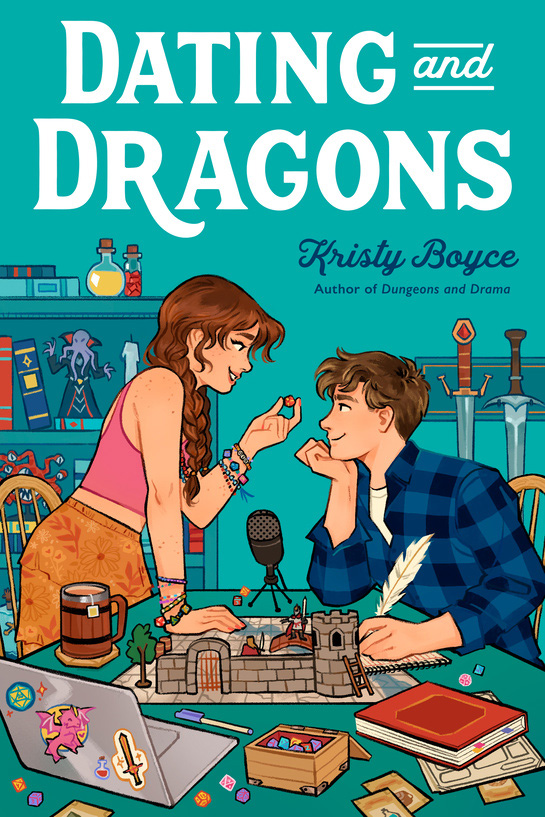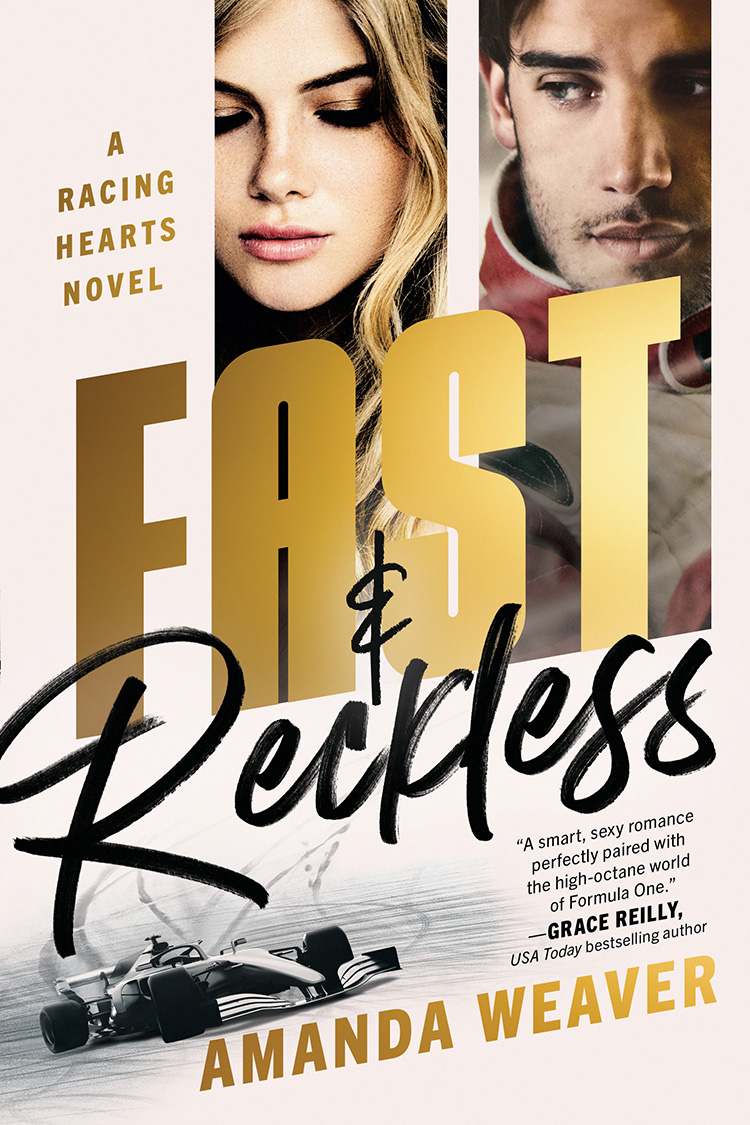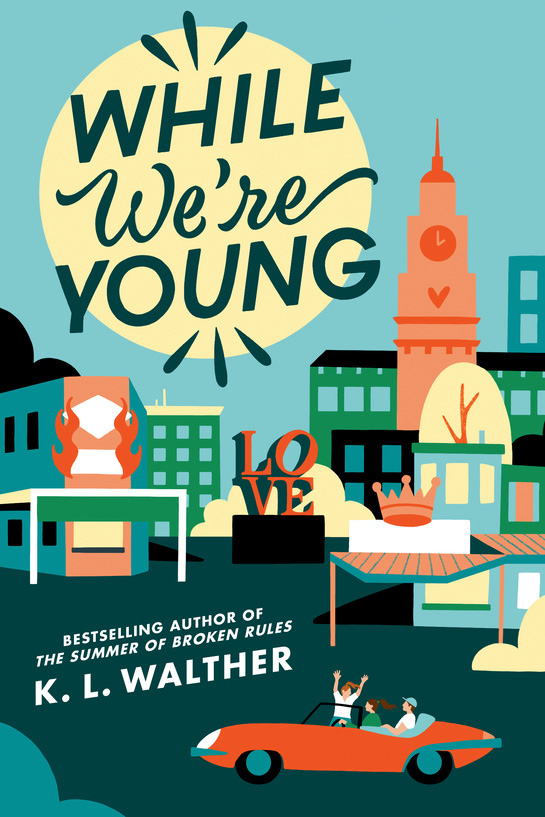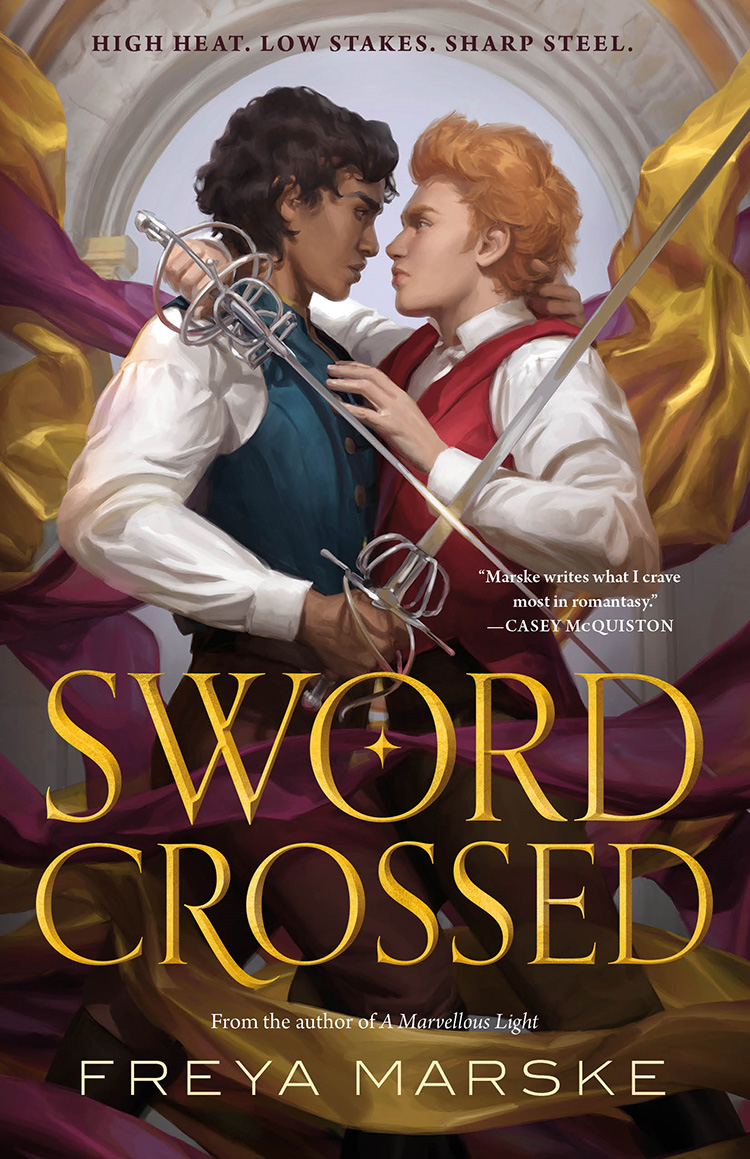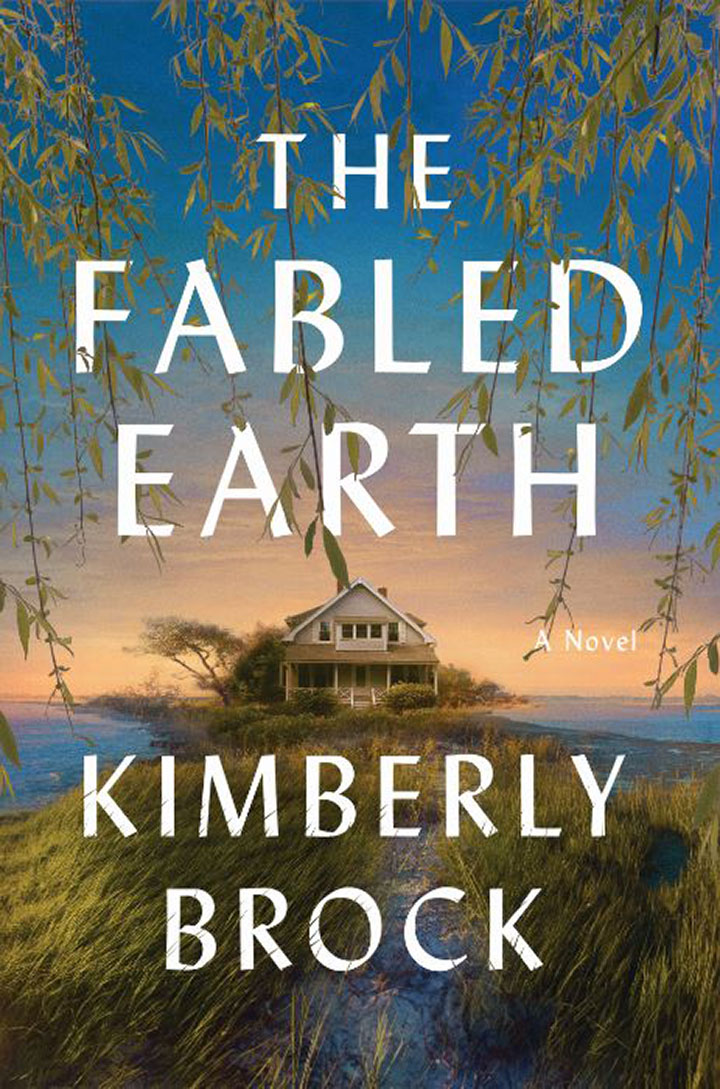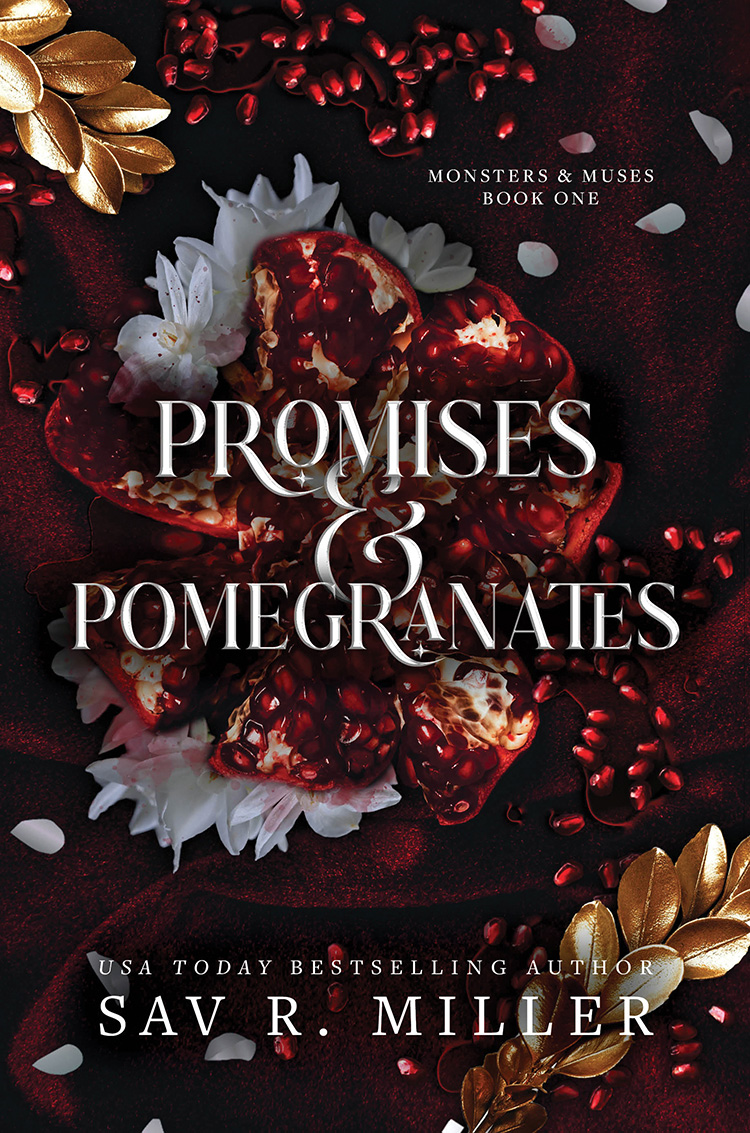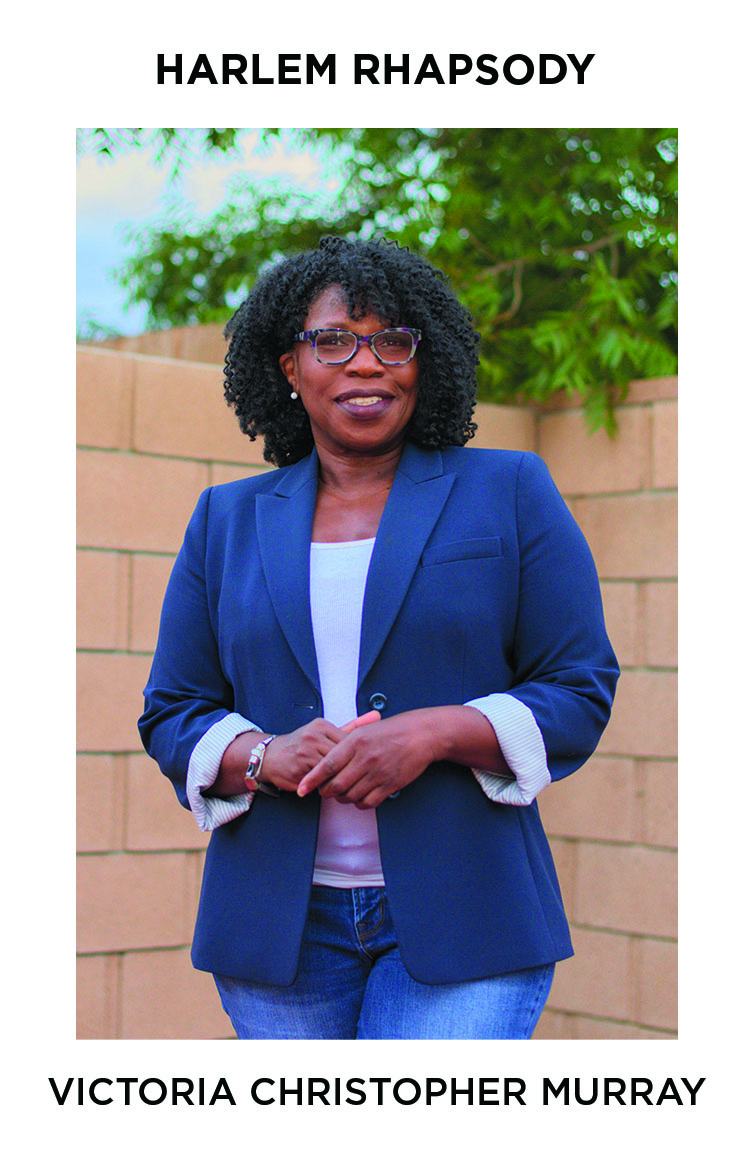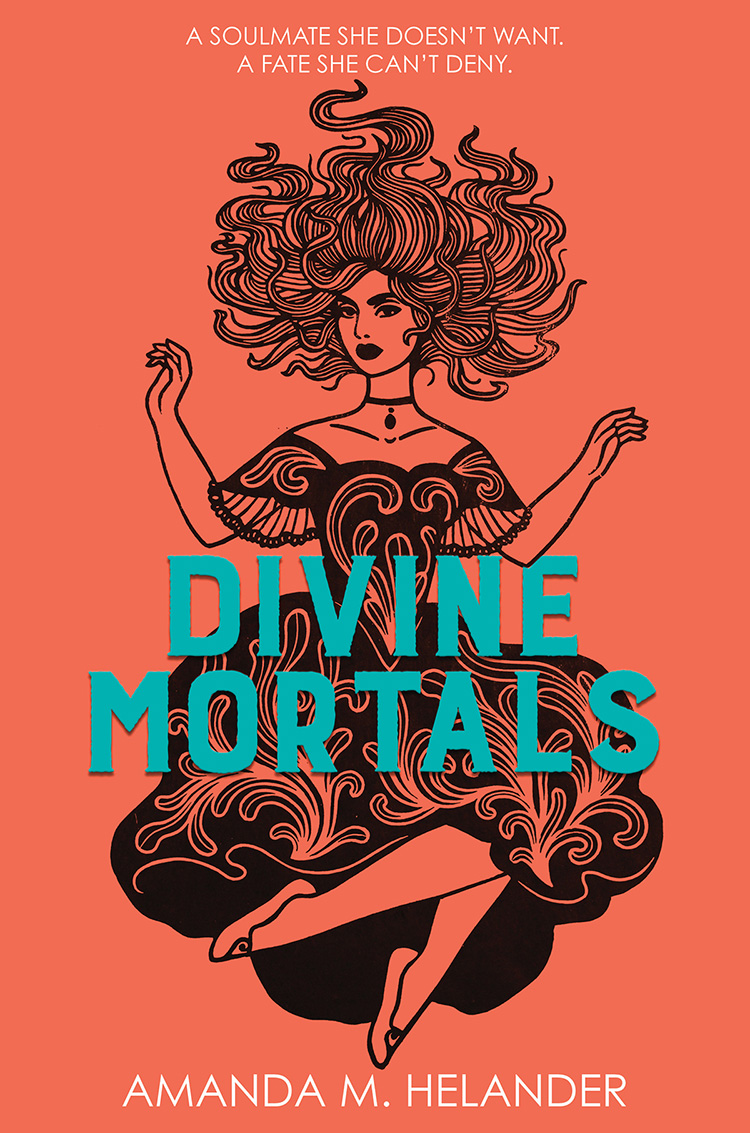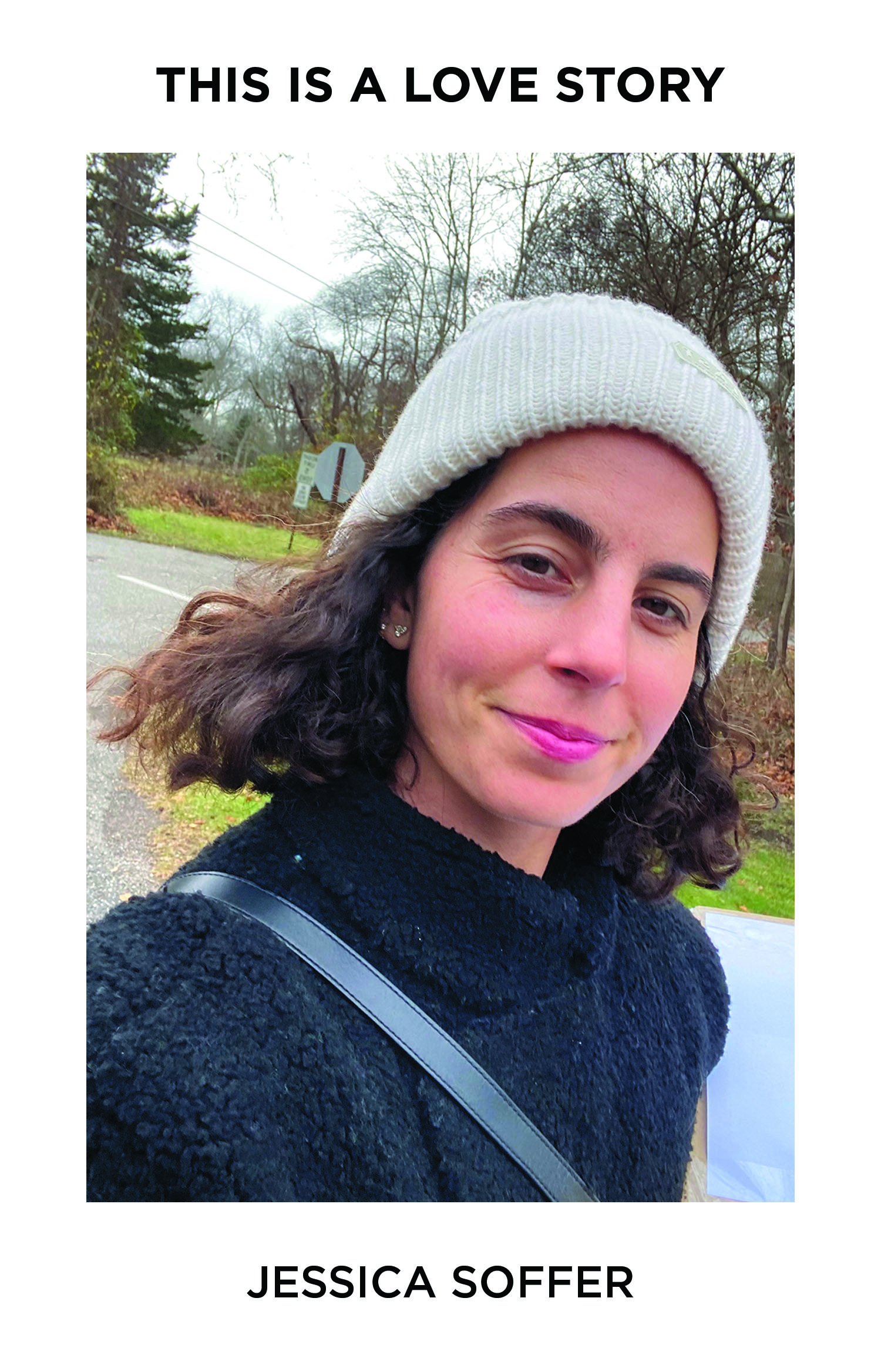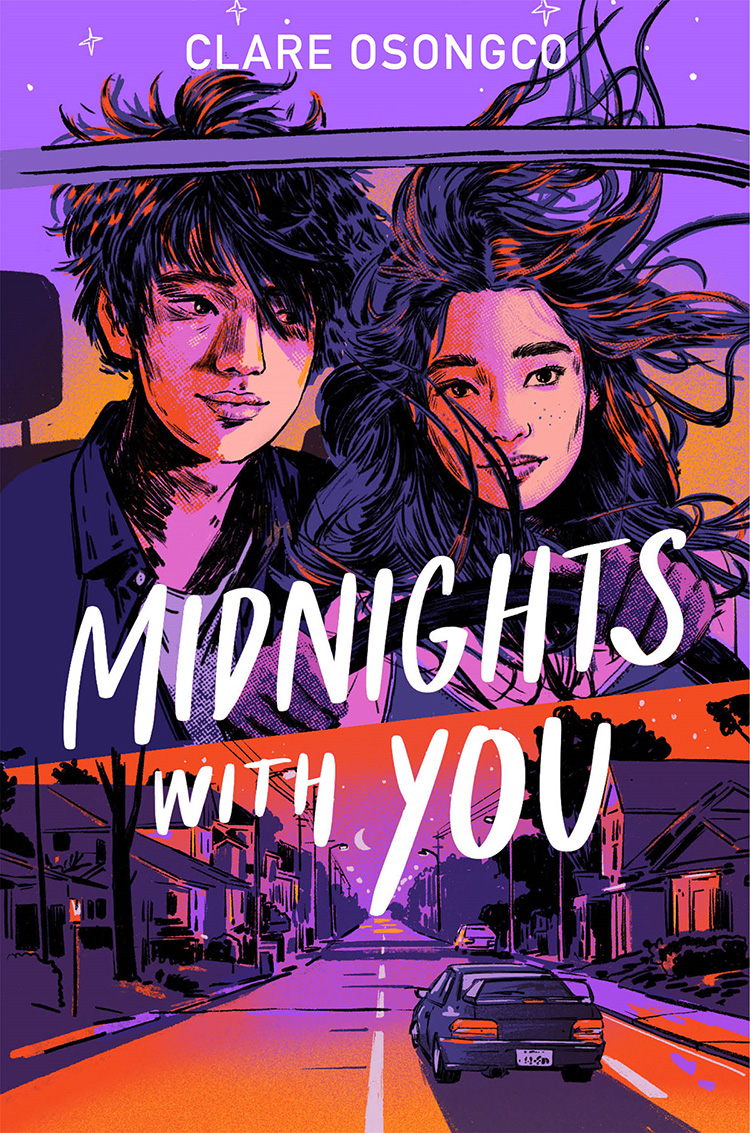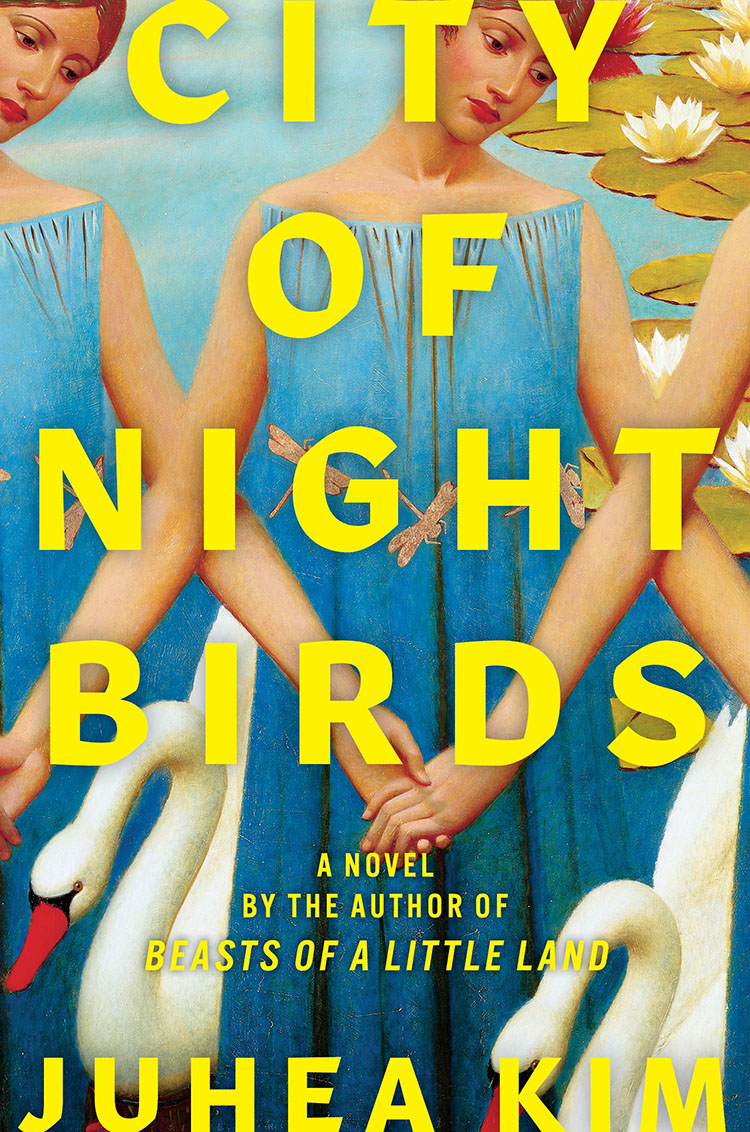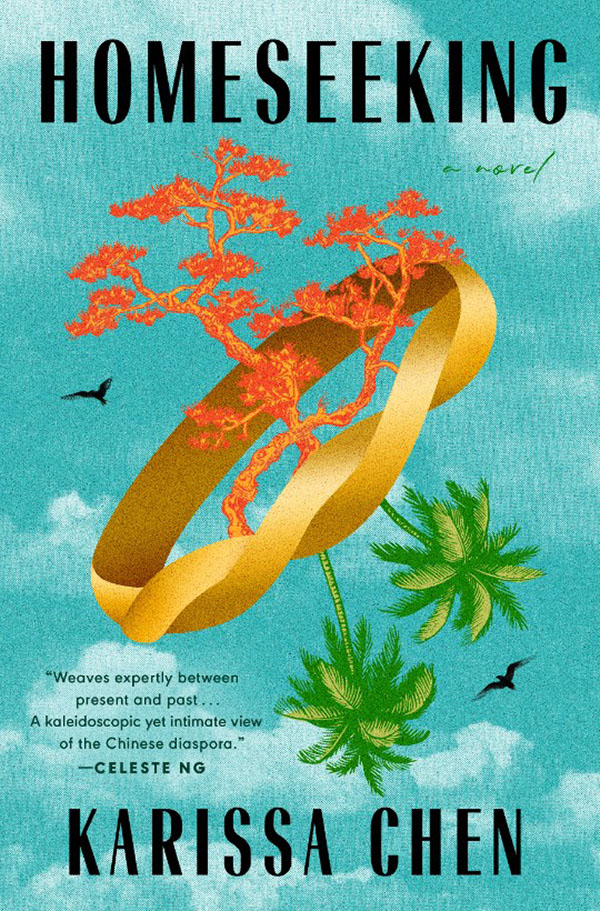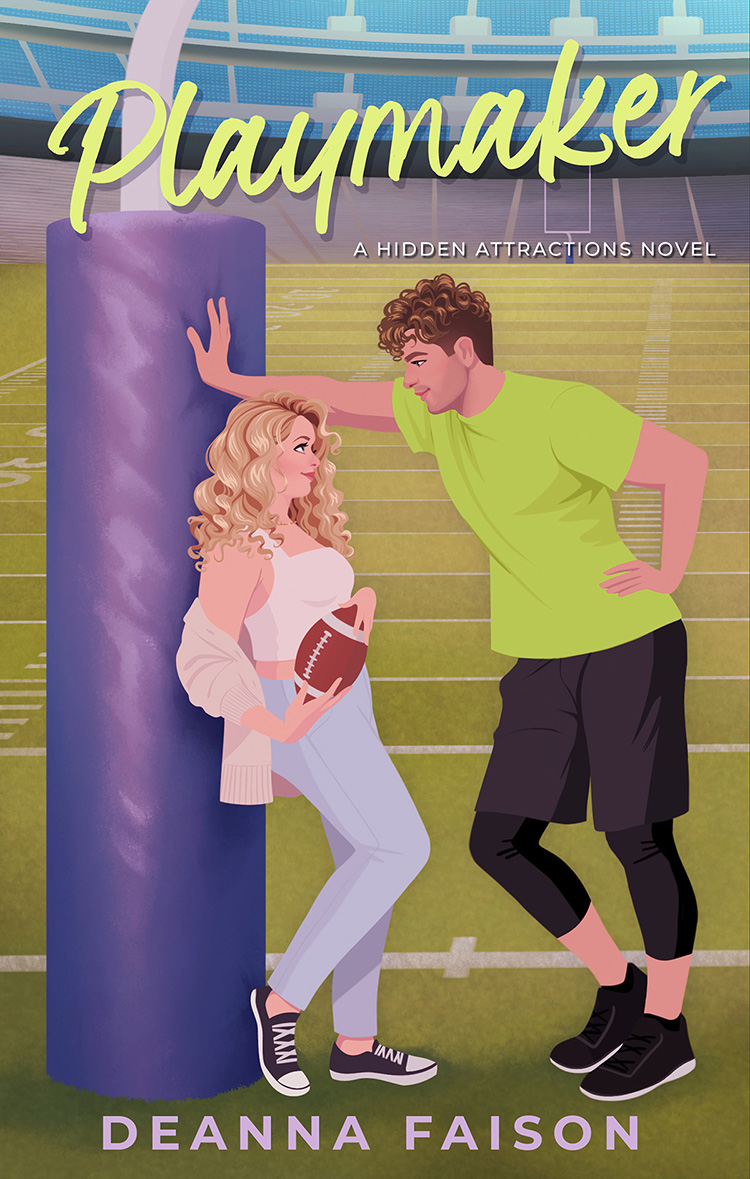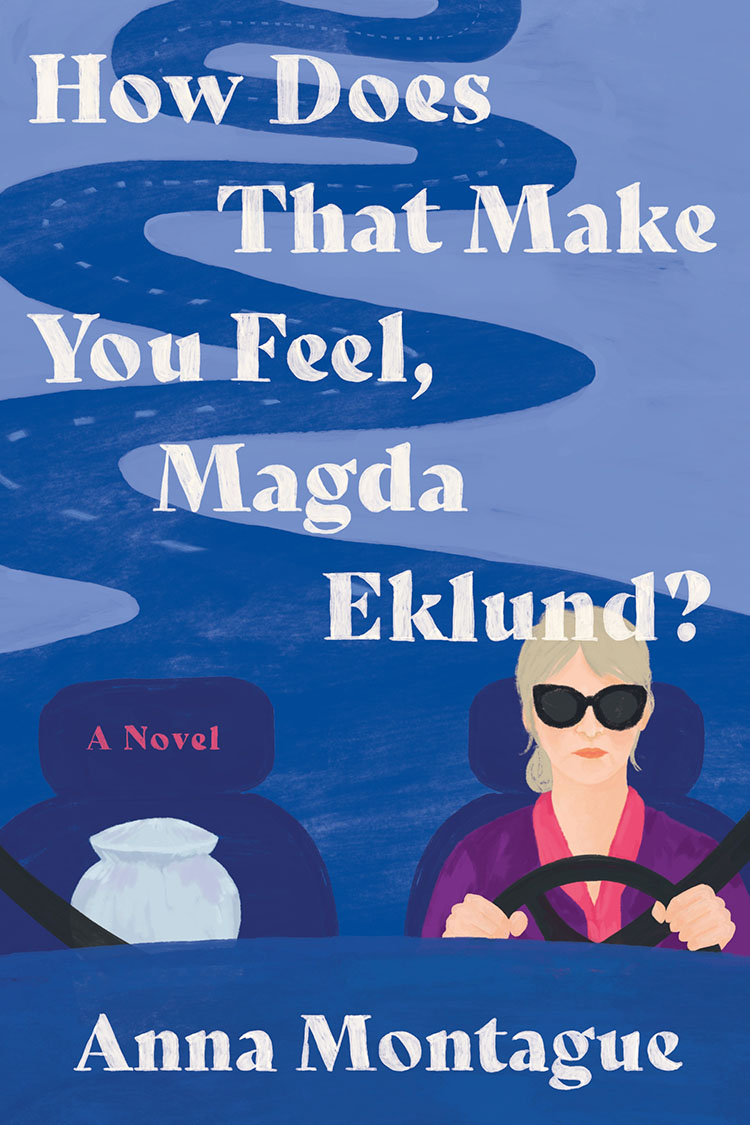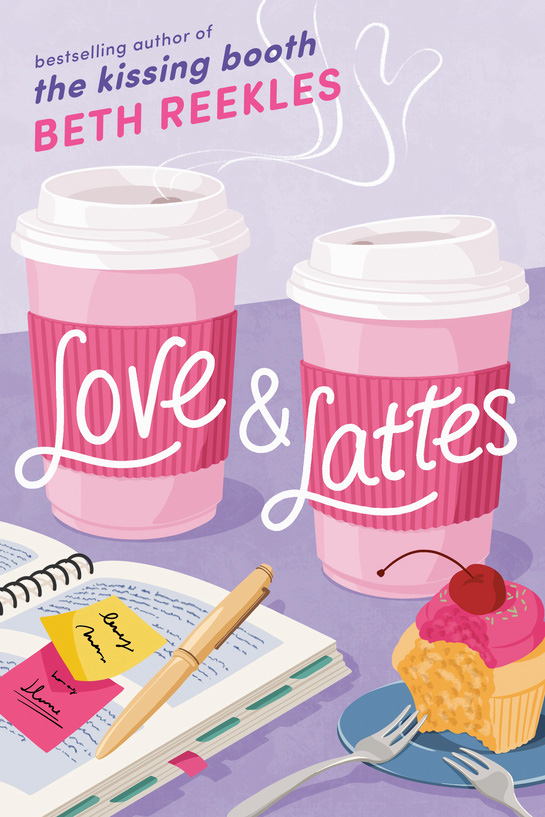(Simon & Schuster)
SUMMARY
The novel follows polar opposites Jess and Josh. Jess is Black and liberal. Josh is white and conservative. She thinks he’s an uptight jerk, and he finds her highly emotional and highly immature. But they slowly build a friendship in the years after college when they find themselves on the same team at Goldman Sachs. Jess, feeling increasingly underappreciated and overlooked as the sole Black woman on her floor, is surprised to find both comfort and support from Josh. Eventually these former enemies become friends and soon, they embark on a heart-pounding romance. But then the 2016 election cycle begins, and the cultural and political landscape shines a light on their glaring differences. Jess
When veteran Washington journalist David Von Drehle moved to Kansas, he met a new neighbor who was more than a century old. Little did he know that he was beginning a long friendship—and a profound lesson in the meaning of life. Born before radio, Charlie lived long enough to use a smartphone. When a shocking tragedy interrupted his idyllic boyhood, Charlie mastered survival strategies that reflect thousands of years of human wisdom. Thus armored, Charlie’s sense of adventure carried him on an epic journey across the continent, and later found him swinging across bandstands of the Jazz Age, racing aboard ambulances through Depression-era gangster wars, improvising techniques for early open-heart surgery, and cruising the Amazon as a guest of Peru’s president. As a gift to his children, Von Drehle set out to tell Charlie’s secrets. The Book of Charlie is a gospel of grit—the inspiring story of one man’s journey through a century of upheaval. The history that unfolds through Charlie’s story reminds you that the United States has always been a divided nation, a questing nation, an inventive nation—a nation of Charlies in the rollercoaster pursuit of a good and meaningful life.
Throughout her childhood, Safiya Sinclair’s father, a volatile reggae musician and militant adherent to a strict sect of Rastafari, became obsessed with her purity, in particular with the threat of what Rastas call Babylon, the immoral and corrupting influences of the Western world. He worried that womanhood would make Safiya and her sisters morally weak and impure, and believed a woman’s highest virtue was her obedience. In an effort to keep Babylon outside the gate, he forbade almost everything. In place of pants, the women in her family were made to wear long skirts and dresses to cover their arms and legs, head wraps to cover their hair, no make-up, no jewelry, no opinions, no friends. Safiya’s mother, while loyal to her father, nonetheless gave Safiya and her siblings the gift of books, including poetry, to which Safiya latched on for dear life. And as Safiya watched her mother struggle voicelessly for years under housework and the rigidity of her father’s beliefs, she increasingly used her education as a sharp tool with which to find her voice and break free. Inevitably, with her rebellion came clashes with her father, whose rage and paranoia exploded in increasing violence. How to Say Babylon is Sinclair’s reckoning with the culture that initially nourished but ultimately sought to silence her; it is her reckoning with patriarchy and tradition, and the legacy of colonialism in Jamaica. Rich in lyricism and with echoes of Educated and Born a Crime, How to Say Babylon is both a universal story of a woman finding her own power and a unique glimpse into a rarefied world we may know how to name, Rastafari, but one we know little about.
John Irving, one of the world’s greatest novelists, returns with his first novel in seven years: a ghost story, a love story, and a lifetime of sexual politics.
In Aspen, Colorado, in 1941, Rachel Brewster is a slalom skier at the National Downhill and Slalom Championships. Little Ray, as she is called, finishes nowhere near the podium, but she manages to get pregnant. Back home, in New England, Little Ray becomes a ski instructor.
Her son, Adam, grows up in a family that defies conventions and evades questions concerning the eventful past. Years later, looking for answers, Adam will go to Aspen. In the Hotel Jerome, where he was conceived, Adam will meet some ghosts; in The Last Chairlift, they aren’t the first or the last ghosts he sees.
John Irving has written some of the most acclaimed books of our time—among them, The World According to Garp and The Cider House Rules. A visionary voice on the subject of sexual tolerance, Irving is a bard of alternative families. In The Last Chairlift, readers will once more be in his thrall.
Confidence is a thrilling, brainy caper about scams and a viciously funny takedown of the American Dream. Lifelong friends, sometimes lovers and constant con men Ezra and Orson find themselves on top of the world after founding NuLife, a company that promises instant enlightenment to its users. They launch NuLife, which is essentially a global new-age pyramid scheme and a total sham, with Orson at its center. As the two men con their way from the street, from selling weed at reform camp, to the C-suite, by convincing rich investors they’ve found a way to adjust the internal human happiness thermometer, their company goes public and they become too big to fail—until the FBI closes in on them. Confidence is an exploration of all sorts of cons, from the con of love—the way we put our blind trust into someone else’s hands—to the cons inherent to capitalism and the American Dream. This is, above all else, a story of a deep and all-consuming friendship between two men. Our narrator, Ezra, is deeply in love with the magnetic and charming Orson. However, Orson may be unknowable, and Ezra may be unwittingly conning himself.
From the bestselling author of Ohio, a masterful American epic: The Deluge. In the first decades of the 21st century, the world is convulsing, its governments mired in gridlock while a patient but unrelenting ecological crisis looms. America is in upheaval, battered by violent weather and extreme politics. In California in 2013, Tony Pietrus, a scientist studying deposits of undersea methane, receives a death threat. His fate will become bound to a stunning cast of characters: a broken drug addict, a star advertising strategist, a neurodivergent mathematician, a cunning eco-terrorist, an actor turned religious zealot, and a brazen young activist named Kate Morris, who, in the mountains of Wyoming, begins a project that will alter the course of the decades to come. Their intertwined odysseys unfold against a stark backdrop of accelerating chaos as they summon courage, galvanize a nation, fall to their own fear, and find wild hope in the face of staggering odds. As their stories hurtle toward a spectacular climax, each faces a reckoning: what will they sacrifice to salvage humanity’s last chance at a future? A singular achievement, The Deluge is a once-in-a-generation novel that meets the moment as few works of art ever have.
For fans of Jonathan Tropper, KJ Dell’Antonia, and Kevin Kwan, this “sharp, smart, and gloriously extra” (Nancy Jooyoun Kim, The Last Story of Mina Lee) debut follows a family of estranged Vietnamese women—cursed to never know love or happiness—as they reunite when a psychic makes a startling prediction. Everyone in Orange County’s Little Saigon knew that the Duong sisters were cursed. It started with their ancestor, Oanh, who dared to leave her marriage for true love—so a fearsome Vietnamese witch cursed Oanh and her descendants so that they would never find love or happiness, and the Duong women would give birth to daughters, never sons. Oanh’s current descendant Mai Nguyen knows this curse well. She’s divorced, and after an explosive disagreement a decade ago, she’s estranged from her younger sisters, Minh Pham (the middle and the mediator) and Khuyen Lam (the youngest who swears she just runs humble coffee shops and nail salons, not Little Saigon’s underground). Though Mai’s three adult daughters, Priscilla, Thuy, and Thao, are successful in their careers (one of them is John Cho’s dermatologist!), the same can’t be said for their love lives. Mai is convinced they might drive her to an early grave. Desperate for guidance, she consults Auntie Hua, her trusted psychic in Hawaii, who delivers an unexpected prediction: this year, her family will witness a marriage, a funeral, and the birth of a son. This prophecy will reunite estranged mothers, daughters, aunts, and cousins—for better or for worse. A multi-narrative novel brimming with levity and candor, The Fortunes of Jaded Women is about mourning, meddling, celebrating, and healing together as a family. It shows how Vietnamese women emerge victorious, even if the world is against them.
Fifteen years after the publication of Evidence of Things Unseen, National Book Award and Pulitzer Prize finalist Marianne Wiggins returns with a novel destined to be an American classic: a sweeping masterwork set during World War II about the meaning of family and the limitations of the American Dream.
A story of redemption and righting the wrongs of the past, Keya Das’s Second Act is a warmly drawn homage to family, creativity, and second chances. A discovered box in the attic leads one Bengali American family in the New Jersey suburbs down a path toward understanding the importance of family, even when splintered after a tragedy. This debut novel is both poignant and, at times, a surprising hilarious testament to the unexpected ways we build family and find love, old and new.
In The School For Good Mothers, the main character, Frida Liu, is struggling. She doesn’t have a career worthy of her Chinese immigrant parents’ sacrifices. She can’t persuade her husband, Gust, to give up his wellness-obsessed younger mistress. Only with Harriet, their cherubic daughter, does Frida finally attain the perfection expected of her. Harriet may be all she has, but she is just enough.
Until Frida has a very bad day.
The state has its eyes on mothers like Frida. The ones who check their phones, letting their children get injured on the playground; who let their children walk home alone. Because of one moment of poor judgment, a host of government officials will now determine if Frida is a candidate for a Big Brother-like institution that measures the success or failure of a mother’s devotion.
Faced with the possibility of losing Harriet, Frida must prove that a bad mother can be redeemed. That she can learn to be good.
A searing page-turner that is also a transgressive novel of ideas about the perils of “perfect” upper-middle class parenting; the violence enacted upon women by both the state and, at times, one another; the systems that separate families; and the boundlessness of love, The School For Good Mothers introduces, in Frida, an everywoman for the ages. Using dark wit to explore the pains and joys of the deepest ties that bind us, Chan has written a modern literary classic.

